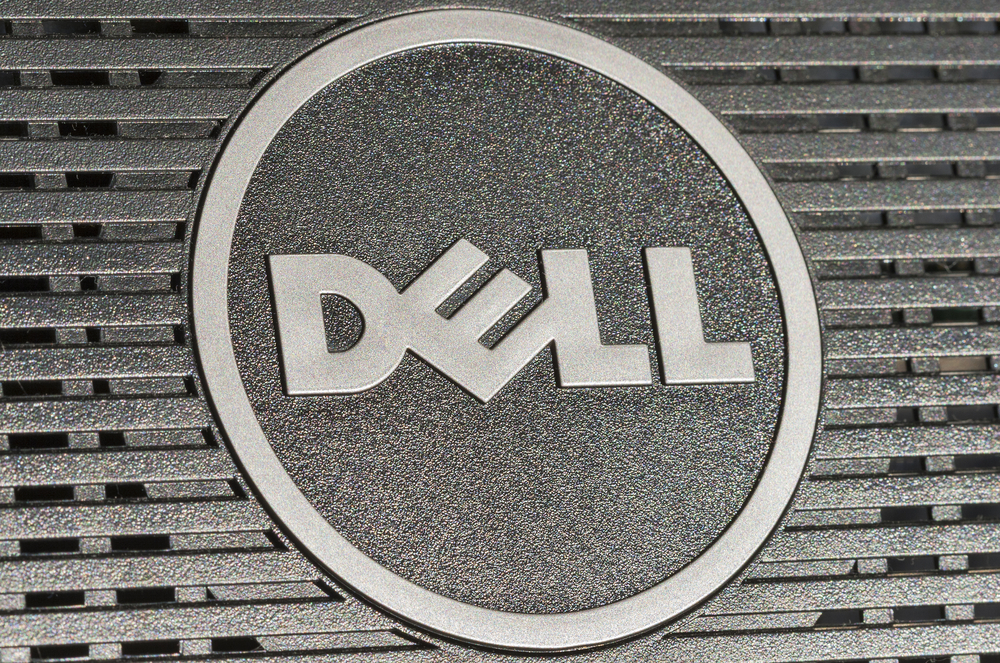Dell is nearing a deal that would once again make the PC and data-storage giant a public company, according to a report in The Wall Street Journal.
Dell plans to announce as early as Monday that it intends to acquire via a share swap the DVMT tracking stock, which tracks its fast-growing virtualisation-software unit VMware, the people familiar with the matter told WSJ.
Terms of the agreement, which could still fall through, couldn’t be learned, but Dell plans to acquire the DVMT shares at a premium and DVMT shareholders are also expected to receive several billion dollars in cash as part of the deal. Dell Technologies has a market capitalisation of nearly $17 billion, while VMware’s is nearly $60 billion, after the shares rose this year on the possibility of a deal.
The expected move, which would help simplify Dell’s complicated ownership structure, is the culmination of a strategic review the company has been conducting for months. Other options it considered include a combination with VMware itself or a straight initial public offering, the company has said.
The tracking stock was created as a way to help finance Dell’s purchase of storage pioneer EMC in 2016. The deal was largely in cash, but the remainder was paid via the new security that was linked to a portion of EMC’s interest in the VMware business, which provides cloud-infrastructure services.
Issuing the tracking stock meant Dell didn’t have to raise quite as much money to finance the deal.
The transaction would be the latest in a series of big deals that have transformed Dell in the last five years—and loaded it with debt.
The company went private in a roughly $25 billion leveraged buyout in 2013 by its founder, Michael Dell, and investment firm Silver Lake.
When Dell closed on its $67 billion deal for EMC, the largest technology takeover ever, Dell employed about 140,000 people globally and had $74 billion in revenue. It is now one of the world’s largest privately controlled tech companies.
Silver Lake, which maintains a big stake in Dell, has a history of backing the deal-making of its portfolio companies. In addition to Dell, it has done so at Broadcom, which attempted a $105 billion hostile takeover of Qualcomm —it was forced to abandon the pursuit, and Symantec , which has bought a string of cybersecurity companies.










Discussion about this post